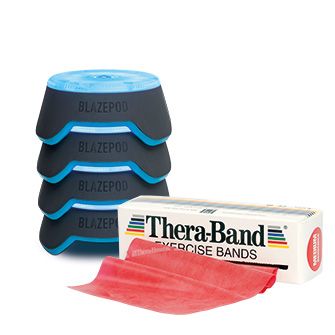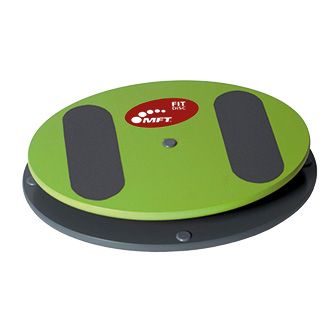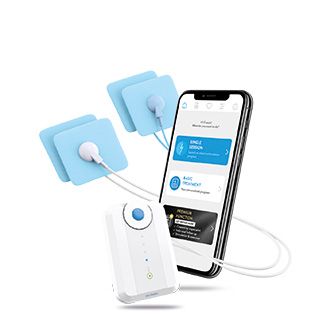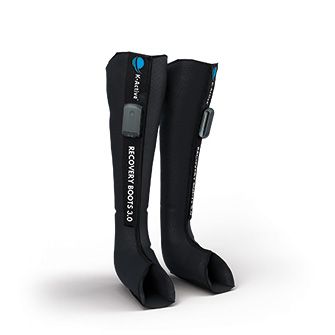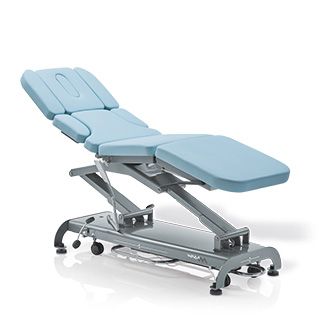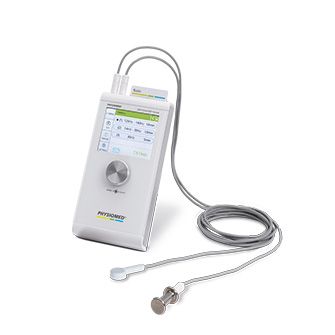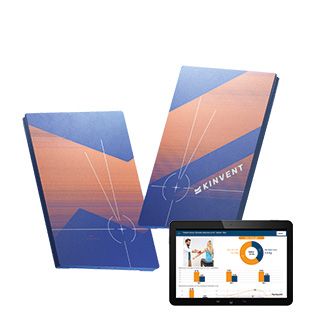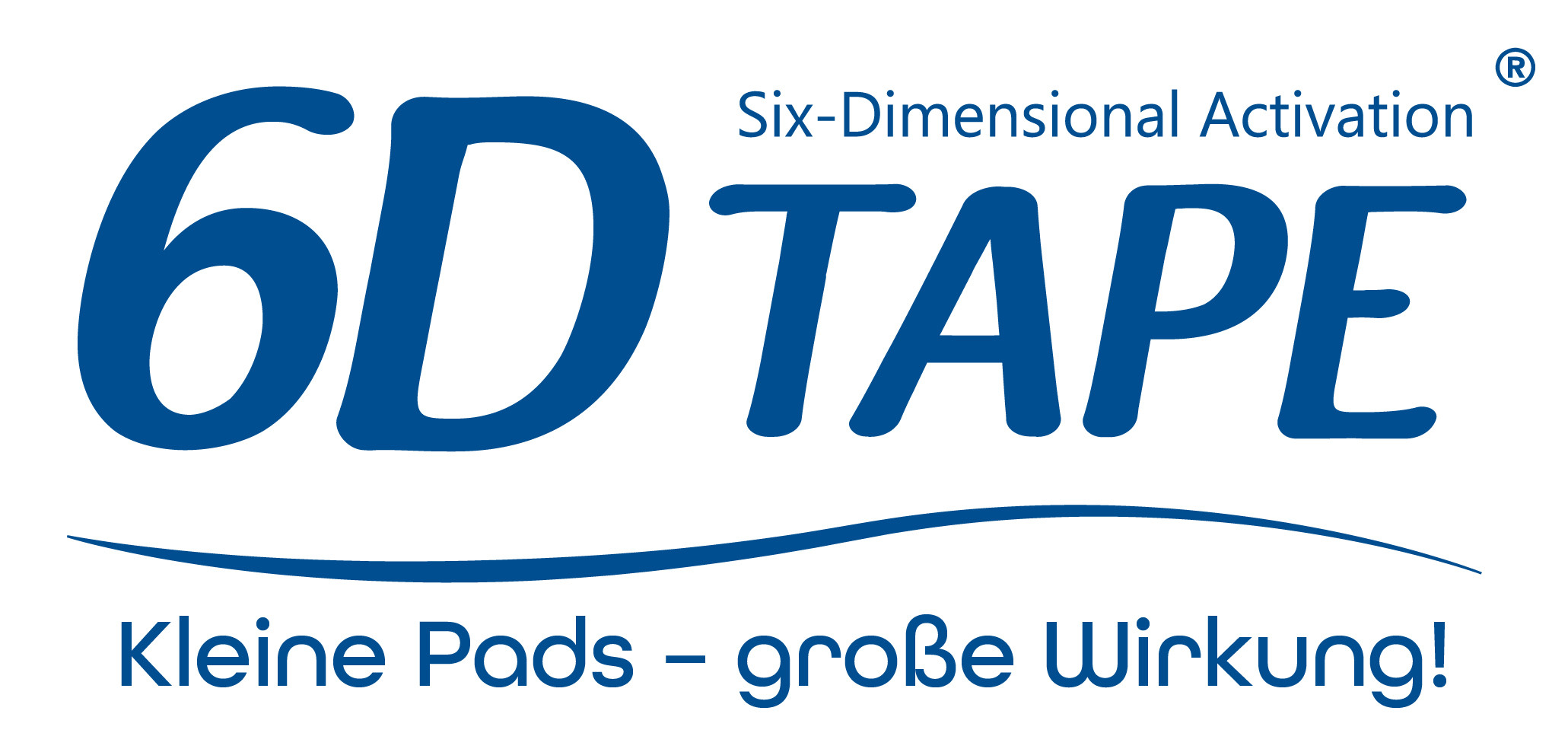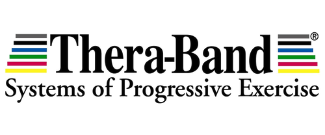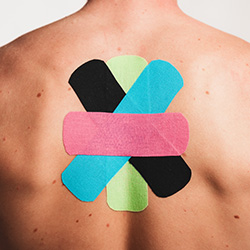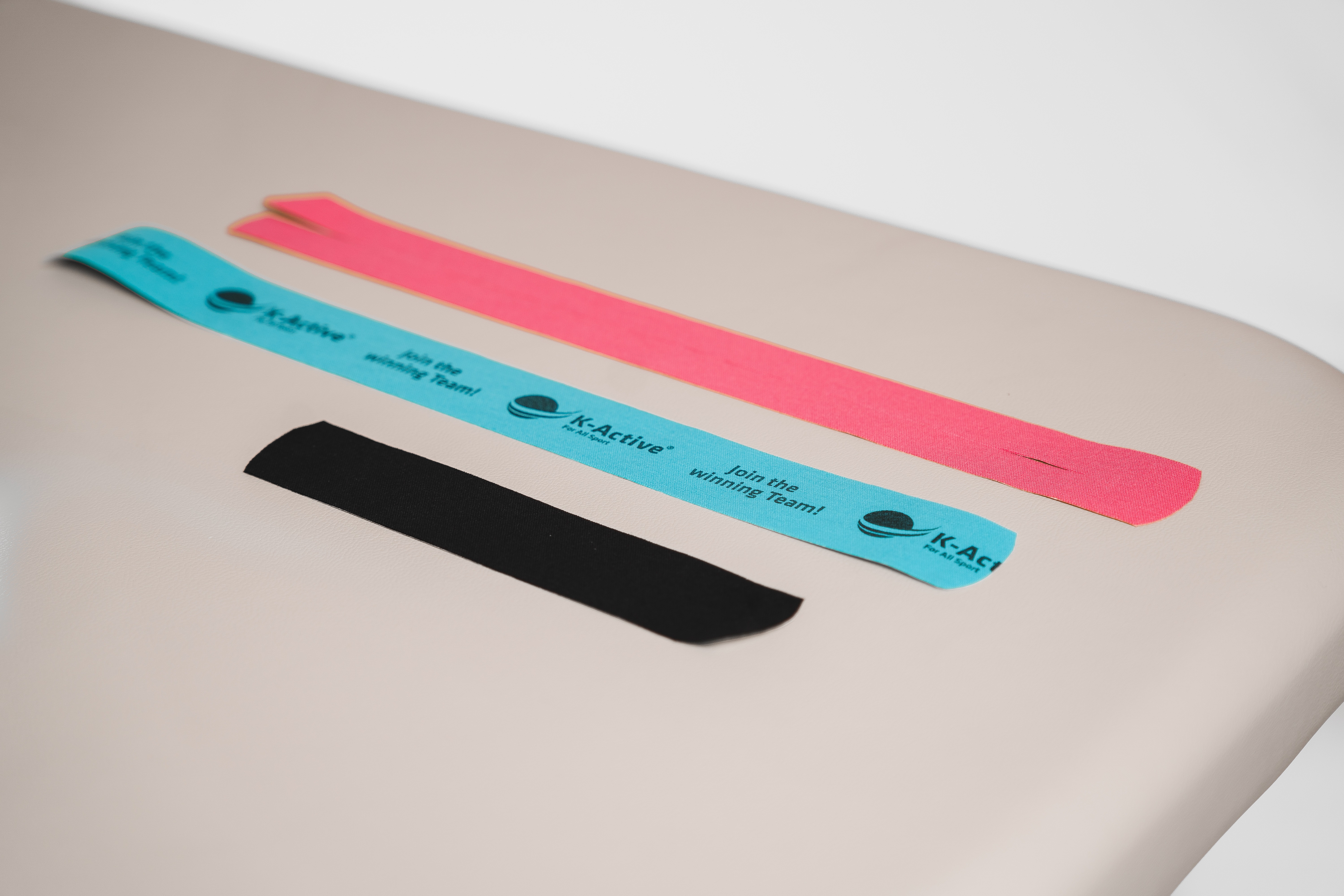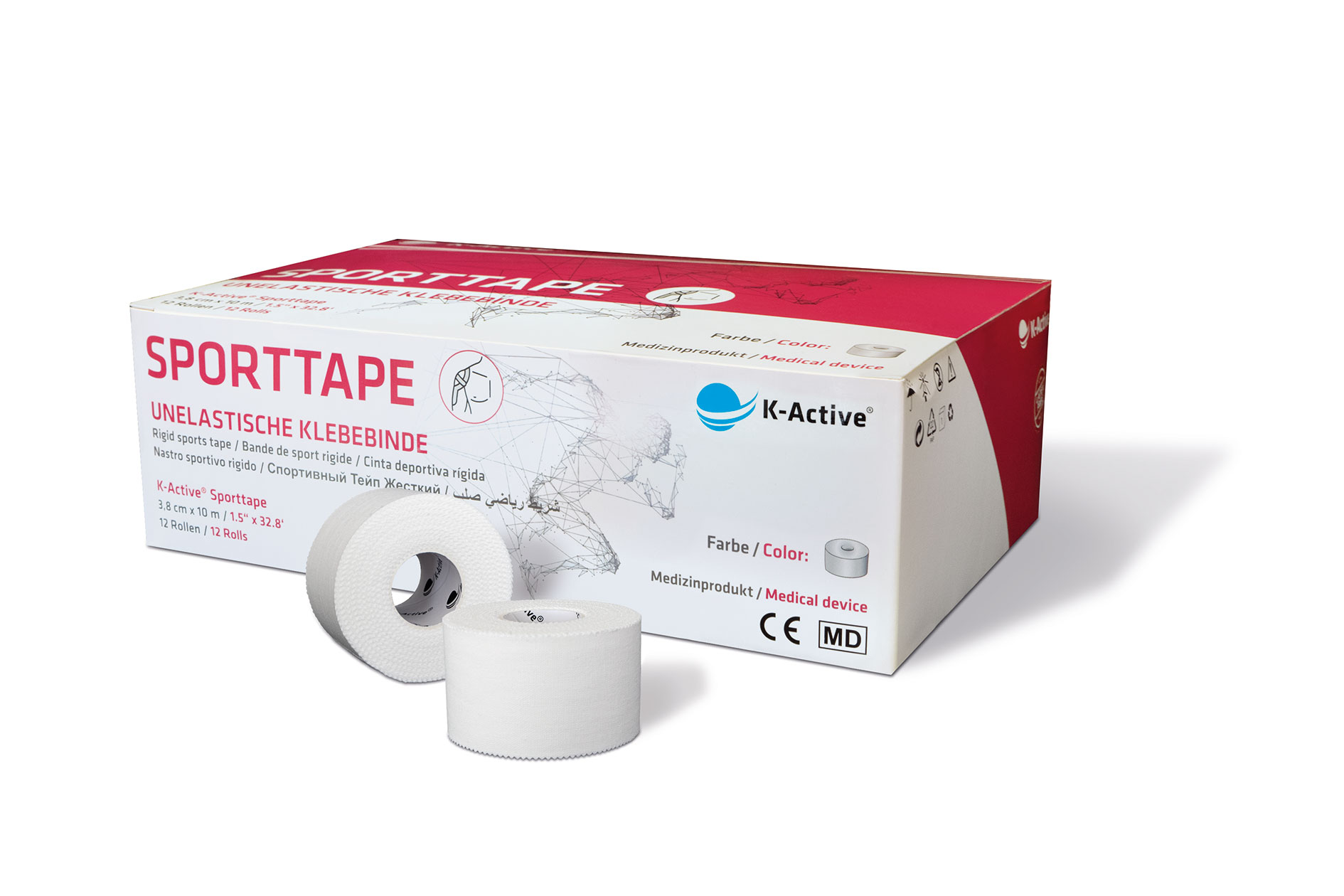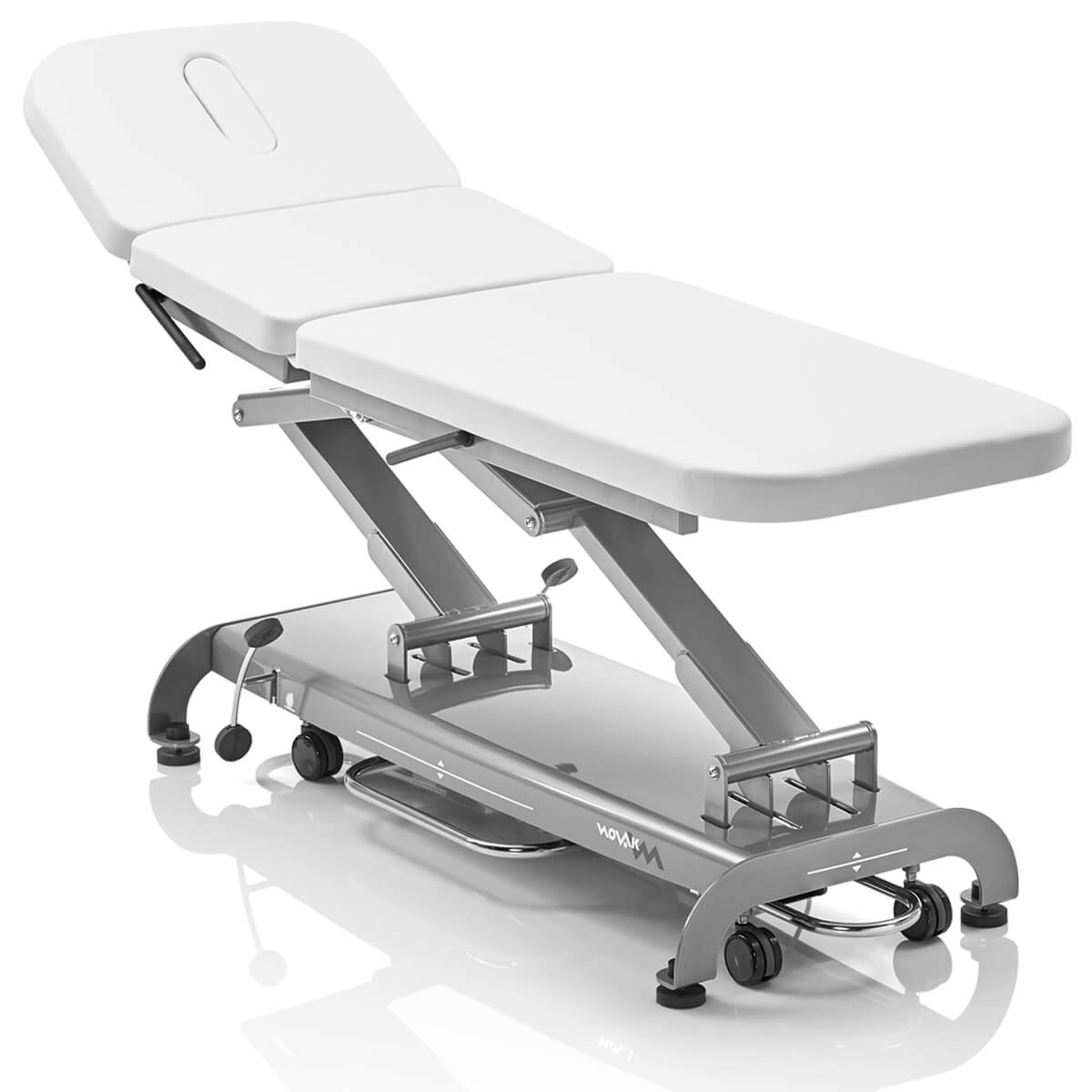Frohnradstraße 2
63768 Hösbach
Tel.+49 (0) 6021 62998-100
Fax +49 (0) 6021 62998-99
Rapid tests
Rapid antigen tests, also called PoC (point of care) tests, can be performed by trained personnel but also privately and lead to a rapid result. The tests are based on the detection of viral protein in respiratory specimens. They are used primarily in nursing homes, hospitals, pharmacies, schools and doctors' offices.
For more information on rapid antigen tests, click here.
What are the benefits of rapid antigen tests?
Rapid antigen tests can be performed without much effort and show the result within a short time. In contrast to classical PCR tests, no laboratory capacity is required, which makes them particularly cost-effective. Compared to PCR rapid tests, they provide a faster result. While you have to wait several hours for a PCR rapid test, the result of antigen rapid tests is available after less than 20 minutes. In addition, at high viral loads, up to 95 percent of infections can be detected, allowing previously undetected infections to be filtered out.
How do rapid antigen tests differ from each other?
Rapid antigen tests differ in overall sensitivity. The sensitivity of the test corresponds to the probability that the coronavirus can be detected depending on the viral load.
Furthermore, there are different methods you can use to collect the sample:
The nose and throat swab test
This type of test allows for the most well-known method of sample collection: the nasopharyngeal swab. Swabs can be performed by both medical professionals and lay people, depending on the model of the rapid test. The sample is taken from the nose, nasopharynx or throat. The test result is available in only 15 minutes.
The spit test procedure
The spit test, on the other hand, does not require a swab in the nose or throat. The sample is taken by the "spit test" procedure. Instead of pushing the swab deep into the nose or throat, a small amount of saliva is spit into the tube provided. This simple and painless application is therefore particularly well suited for toddlers and children in daycare centers, kindergartens and schools. But these tests are also ideal for testing employees in companies or residents in care facilities.
How to store antigen rapid tests properly?
The rapid antigen tests should be stored at room temperature. This corresponds approximately to a temperature of 4°C to max. 30°C. If the tests are stored or performed at elevated temperature, a reduction in sensitivity may occur. This can lead to false negative results and should therefore be avoided.
Can the rapid tests detect omicron?
Omikron is the dominant virus variant in Germany. The other known variants alpha, beta, gamma and delta, on the other hand, have been almost completely suppressed. Therefore, it is particularly important that Corona rapid tests respond in case of an infection with Omikron.
The Paul Ehrlich Institute (Federal Institute for Vaccines and Biomedical Products) is concerned, among other things, with the effectiveness of the antigen rapid tests. In addition to statements about the sensitivity of the tests, they also evaluate whether the tests are suitable to detect the Omikron variant.
You can view the list here (as of 4/14):
When should testing take place?
The rapid test can be performed at any time of day. However, the test is most likely to be successful when the viral load is very high. This is usually the case in the morning after getting up. In order for the test to detect the virus as such, the person should not rinse their mouth, brush their teeth or drink or eat anything before the rapid test.
Can the test result be read even after the specified time has elapsed?
No. After the specified time period has elapsed, the test result should no longer be read. This could otherwise lead to falsified results.
Where to put used rapid tests?
Used tests should be disposed in a stable, moisture-resistant and tight container (e.g. in sealed plastic/trash bags) via the residual waste garbage can. Whether the test result is positive or negative is irrelevant for disposal. If not only individual test kits are being disposed, care should be taken to avoid liquids by adding absorbent materials such as kitchen paper.
How do rapid antigen tests differ from other rapid tests?
PCR rapid test:
Unlike antigen tests, PCR rapid tests are based on the polymerase chain reaction (PCR), just like the well-known PCR laboratory tests. However, the two PCR tests differ in terms of duration and reliability: In the PCR rapid test, a swab is taken from the oral pharyngeal region and analyzed on site, so that the tests show a result after just a few hours. However, it is only possible to read whether the result is positive, negative or unclear.
PCR rapid tests are used in special situations where one wants to find out quickly whether the person is infectious or not. This is used in emergency rooms, outpatient clinics or nursing homes, among other places. The sample collection must be performed professionally, otherwise the result may be falsified.
Antibody rapid test:
Antibody tests detect the immune system's response to the pathogen, but not the virus itself. If the virus is in the body, it forms antibodies after a few days. Due to the delay, however, the test is not suitable for detecting an acute infection.



